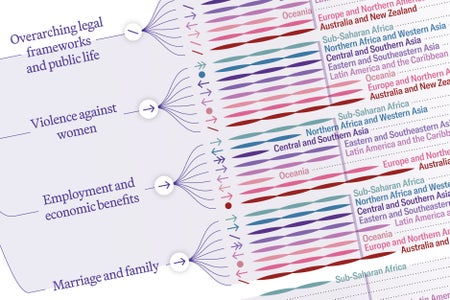
See How Close We Are to Gender Equality around the World
U.N. statistics show progress toward the goal of gender equality but a long way left to go
Clara Moskowitz is a senior editor at Scientific American, where she covers astronomy, space, physics and mathematics. She has been at Scientific American for a decade; previously she worked at Space.com. Moskowitz has reported live from rocket launches, space shuttle liftoffs and landings, suborbital spaceflight training, mountaintop observatories, and more. She has a bachelor's degree in astronomy and physics from Wesleyan University and a graduate degree in science communication from the University of California, Santa Cruz.

See How Close We Are to Gender Equality around the World
U.N. statistics show progress toward the goal of gender equality but a long way left to go
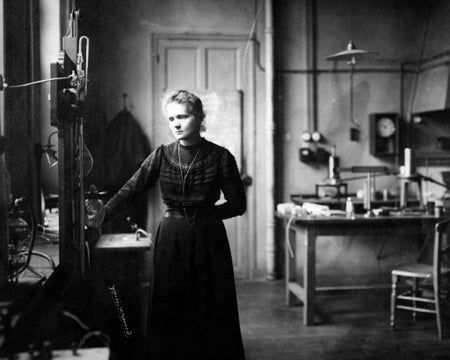
The Untold Story of Marie Curie’s Network of Female Scientists
Marie Curie is well known for her chemistry achievements but less so for helping other women succeed in science
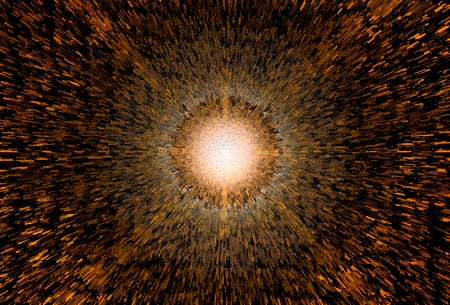
A One-in-10-Billion Particle Decay Hints at Hidden Physics
Physicists have detected a long-sought particle process that may suggest new forces and particles exist in the universe
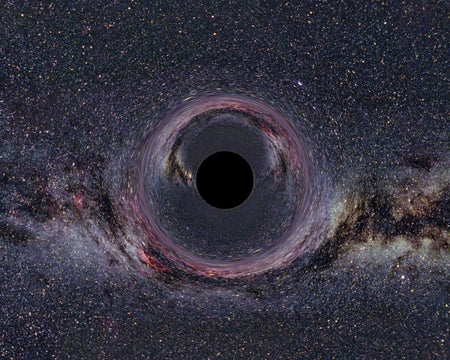
Dark Matter Could Be Hiding Out as Atom-Sized Black Holes
The universe’s hidden mass may be made of black holes, which could wobble the planets of the solar system when they pass by
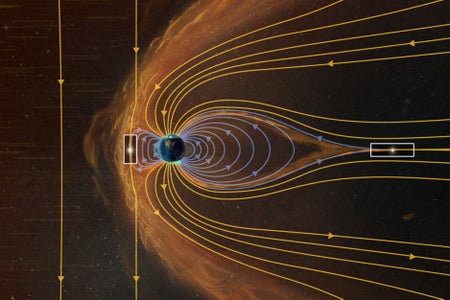
Expect Auroras, Solar Flares and More Space Weather from the Solar Maximum
Space weather is heating up in our current solar cycle peak

What Vitamins and Minerals Really Do in Your Body
Humans need around 30 vitamins and minerals to keep our bodies functioning

ADHD’s Hidden Benefits Can Be ‘Awesome’
A new book by Penn and Kim Holderness seeks to correct misconceptions about ADHD and accentuate the plus side of the condition
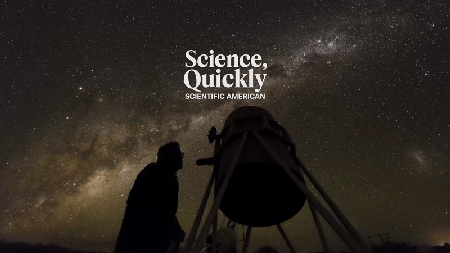
Did the Eclipse Give You the Amateur Astronomy Bug? Here’s How to Get Started
Chanda Prescod-Weinstein, a professional astronomer, talks about her own adventures in astrophotography—and offers tips and tricks for new amateur astronomers.
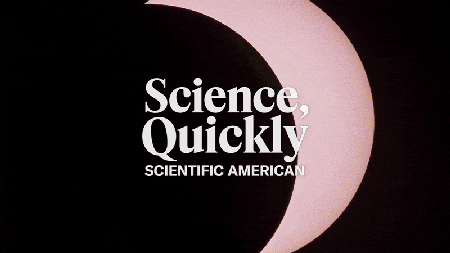
A Veteran Eclipse Chaser Explains the Thrill of Totality
Kate Russo has seen 13 total solar eclipses, and even she isn't ready for this one.
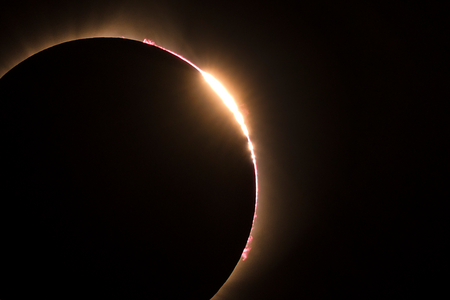
The Solar Eclipse Is Almost Here! Everything You Need to Know
Here’s how to pick a viewing spot, stay on top of the weather and pack the right gear to see the total solar eclipse on April 8
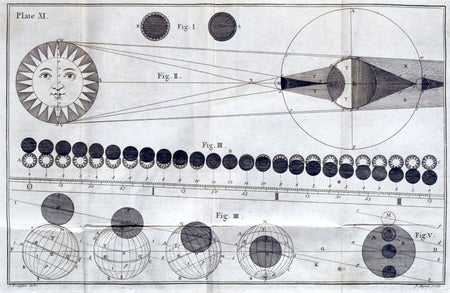
It’s Not Just You: Three Times Eclipses Left Scientists ‘More or Less Agog’
Total solar eclipses have set the stage for major scientific advancements—everything from the discovery of helium to the testing of Einstein’s general theory of relativity.
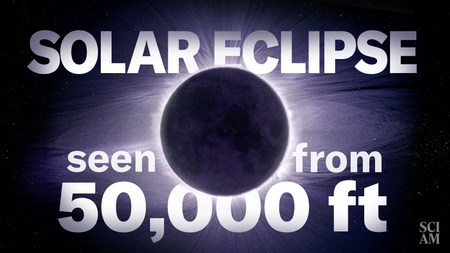
These Cold War–Era Jets Will Chase the Eclipse to Uncover the Sun’s Mysteries
A team of researchers has an ambitious plan to capture the 2024 total solar eclipse like never before.
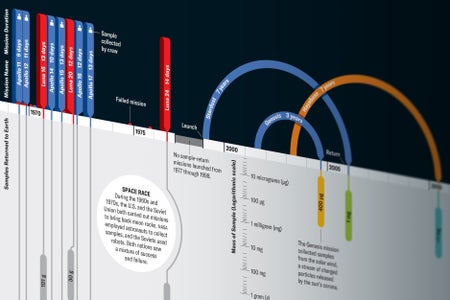
See Every Bit of Outer Space We’ve Brought Back to Earth
Sample-return missions have brought piles of moon rocks, plus pieces of asteroids, comets and even the sun back to Earth. Next up is the big prize: Mars
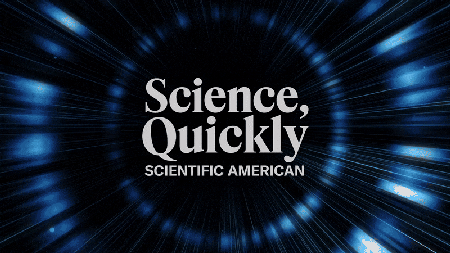
The Great Debate: Could We Ever Travel through Time?
Our space and physics editors go head-to-head over a classic mind-bending question.
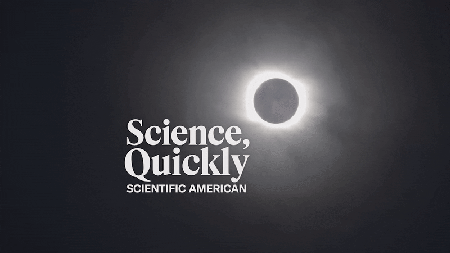
How April's Eclipse Will Solve Solar Mysteries
Experiments planned for the 2024 total solar eclipse aim to figure out how the sun works.
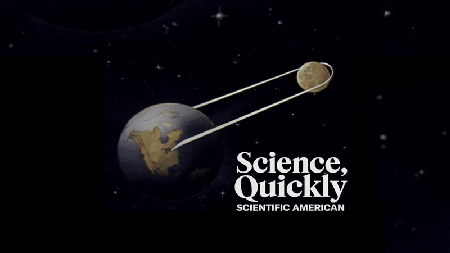
Without the Moon, Human Society Might Not Exist
The moon helps us keep time, inspires religions and shapes science, yet it still keeps secrets from us.
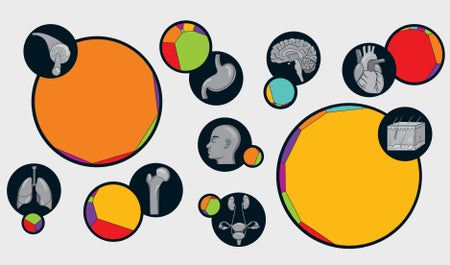
See Your Body’s Cells in Size and Number
The larger a cell type is, the rarer it is in the body—and vice versa—a new study shows
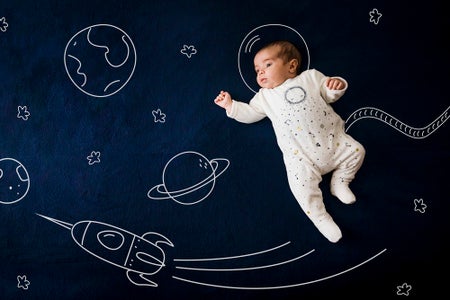
Can We Even Have Babies in Space? Why We’re Not Ready for Life Off-Planet
Reproducing in space is just one of many reasons we should delay settlements beyond Earth
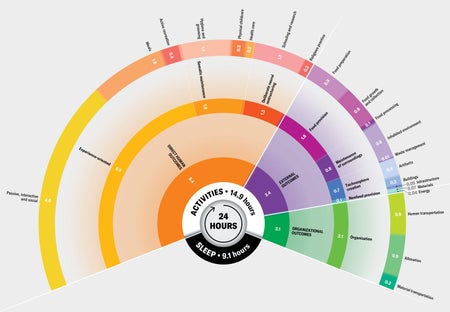
See How Humans around the World Spend the 24 Hours in a Day
A new study calculated the average “global human day,” revealing which activities take up most of our time

The Most Surprising Discoveries in Physics
Experts weigh in on the most shocking, paradigm-shifting and delightful findings in the history of physics

Pebbles from an Asteroid Are about to Be Delivered to Earth, and It’s Totally Awesome
The OSIRIS-REx mission will return samples from the asteroid Bennu that could rewrite our solar system’s history
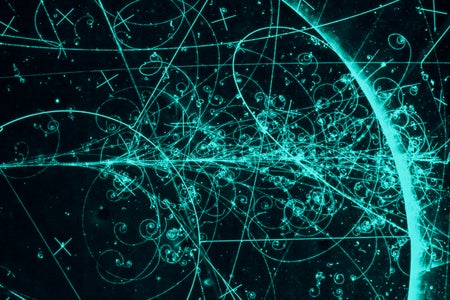
The Weirdest Particles in the Universe
Neutrinos are bizarre and ubiquitous and may just break the rules of physics
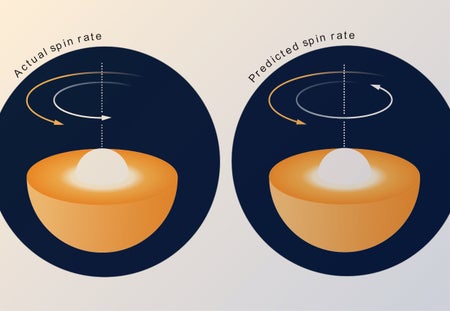
Scientists Solve Star Spin Mystery
Magnetic fields help to explain why some stars are spinning more slowly than astronomers thought they should
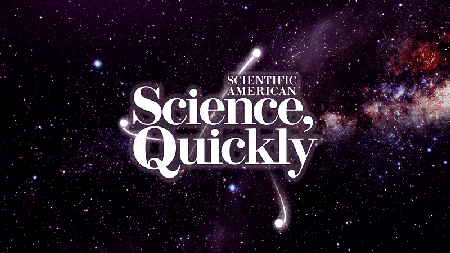
Is Time Travel Even Possible?
Two SciAm editors duke it out to see if wormholes and multiverses could in fact exist.